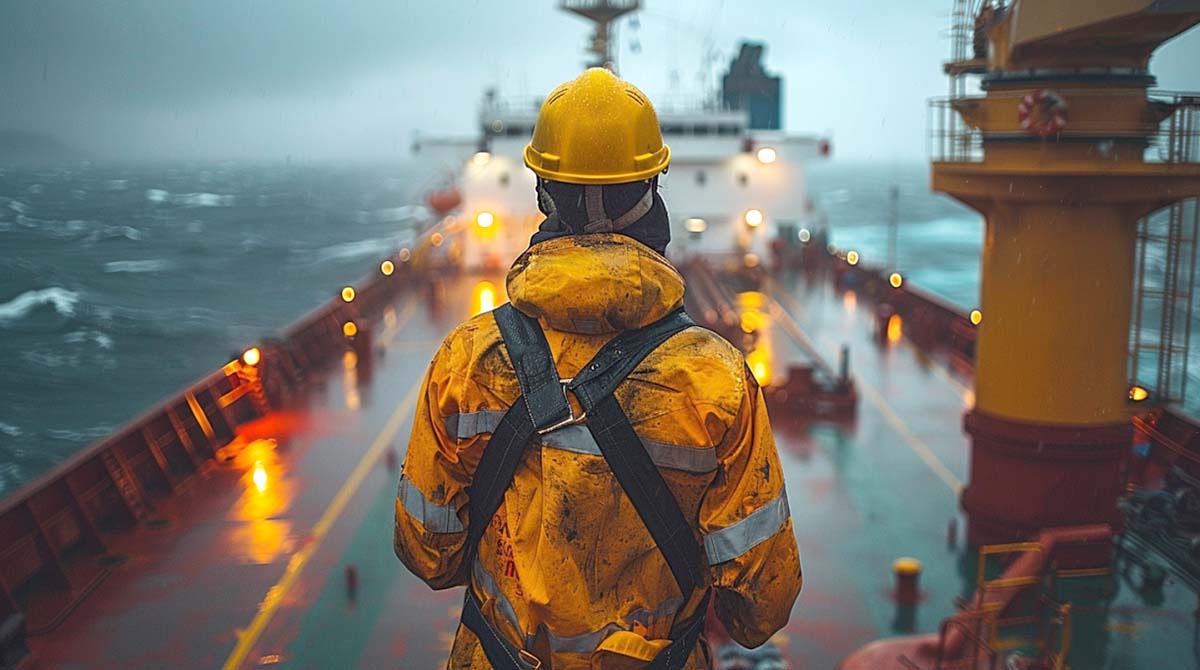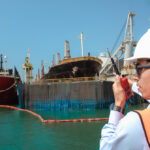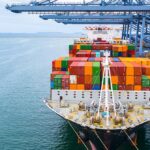On the 11th of October 2024, the Magna Carta of Filipino Seafarers, officially enacted as Republic Act No. 12021, came into force. The act introduces reforms aimed at strengthening the rights and welfare of Filipino seafarers but balances this with operational concerns of shipowners and manning agencies.
The Act applies to all the Filipino seafarers and cadets engaged or employed on board a vessel sailing in international waters, whatever the flag should be. Fishing vessels or ships of traditional build are excluded from the application scope of the new Act. The new legislation has already gained immense support from respected Unions like ITF and AMOSUP.
The Act reforms how disability grading and fitness to work are assessed. A mandatory system now requires the appointment of a third doctor—selected from a pool of accredited medical specialists—to resolve disputes between the assessments of company-designated physicians and seafarers’ personal doctors. The determination of this third doctor is final and binding on both the seafarer and the employer, ensuring fairness and consistency.
The Magna Carta amends the garnishment rule for the Filipino seafarers as well. In its former edition it allowed the awards in injury or disability claims to be paid out to seafarers or their families prior to appeal. This further complicated the procedure of returning the award should the decision in appeal not be in favor of the seafarer.
With the new Act in force, all the awards will be distinguished between five categories:
- a. Any salary or wage;
- b. Any statutory monetary and welfare benefits;
- c. Any undisputed amount, which is admitted by a party to be legally due to the other party;
- d. Any disputed amount determined to legally due the seafarer;
- e. Damages, including moral damages, exemplary damages, nominal damages; attorney’s fees, and other similar awards.
The Magna Carta stipulates that if there is pending appeal or judicial review in place, the amounts mentioned in (a), (b), (c) are to be paid immediately. The payment of items (d) and (e) should only be made if a sufficient bond for the full restitution of these amounts is presented.
Further changes include:
- Attorney Fees Cap: Legal fees are now capped at 10% of the awarded compensation, protecting seafarers from excessive costs. This measure also targets exploitative practices by “ambulance-chasing” lawyers who have historically sought inflated claims at the expense of seafarers’ earnings.
- Shipowners remain responsible, subject to exceptions in the case of dismissal or agreement, for repatriation costs, with clearly defined coverage, including basic pay and allowances and accommodation
- Employers or manning agents are required to determine the validity of claims (e.g., for unpaid wages, statutory benefits, disability, or death) within 15 days of filing. While this does not mandate automatic settlement, it enforces timely communication of findings to seafarers, enhancing transparency and efficiency in the claims process.
- Shipowners, crewing agencies and training institutions are obliged to develop policies on gender in order to promote equal opportunities for women in shipping.
This legislation marks a significant step in protecting Filipino seafarers while addressing industry concerns. For assistance or further inquiries regarding the Magna Carta of Filipino Seafarers, members are encouraged to contact the NNPC Underwriting Team at underwriting@nnpc.nl or Claims Team at claims@nnpc.nl.





